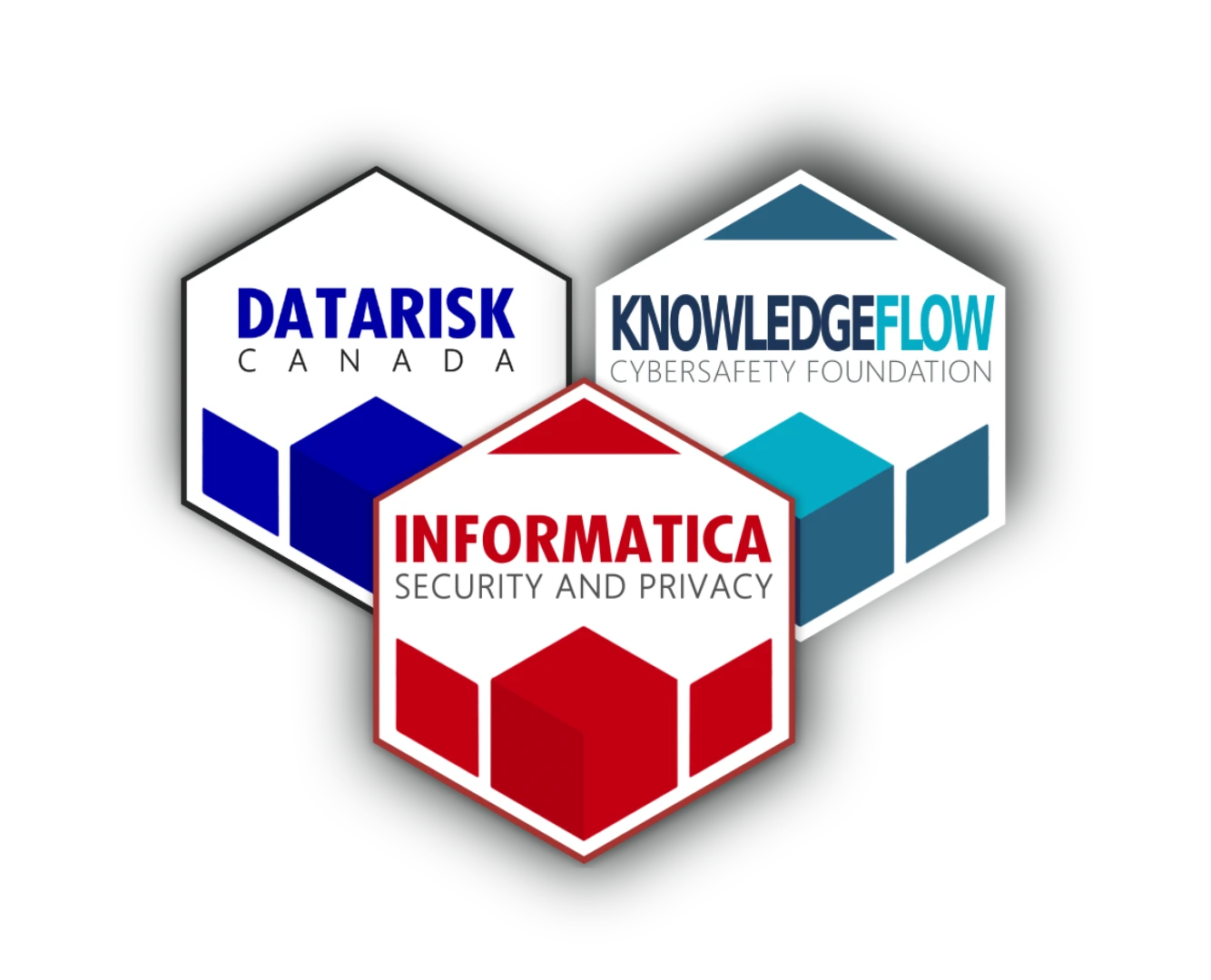Cybersafety Sentinel March 2022 Week 1

Claudiu’s Top Story
What 3 easy steps can banks and other financial institutions take to reduce customer victimization (and shoulder less of the blame for perceived apathy)? Read More

Ad Industry Pushes Back on Proposed Changes to Australia Privacy Law
The Interactive Advertising Bureau (IAB), Australia’s largest industry association for digital advertisers, has released a statement pushing back on some aspects of proposed changes to the country’s regulations governing targeted advertising and data collection. Read More

Michigan Medicine officials say nearly 3,000 affected in data breach
Michigan Medicine is warning nearly 3,000 of its clients that some of their private information may have been accessed by computer hackers. Read More

The secret police: Cops built a shadowy surveillance machine in Minnesota after George Floyd’s murder
Law enforcement agencies in Minnesota have been carrying out a secretive, long-running surveillance program targeting civil rights activists and journalists in the aftermath of the murder of George Floyd in May 2020. But an investigation by MIT Technology Review reveals that the initiative expanded far beyond its publicly announced scope to include expansive use of tools to scour social media, track cell phones, and amass detailed images of people’s faces. Read More

Cybercriminals who breached Nvidia issue one of the most unusual demands ever
Data extortionists who stole up to 1 terabyte of data from Nvidia have delivered one of the most unusual ultimatums ever in the annals of cybercrime: allow Nvidia’s graphics cards to mine cryptocurrencies faster or face the imminent release of the company’s crown-jewel source code. Read More

The website security ecosystem protects individuals against fraud and state-sponsored surveillance. Let’s not break it.
Principle four of the Mozilla Manifesto states that “Individuals’ security and privacy on the internet are fundamental and must not be treated as optional.” We’ve made real progress on improving security on the Internet, but unfortunately, a draft law under discussion in the EU – the eIDAS Regulation – threatens to reverse that progress. Read More







